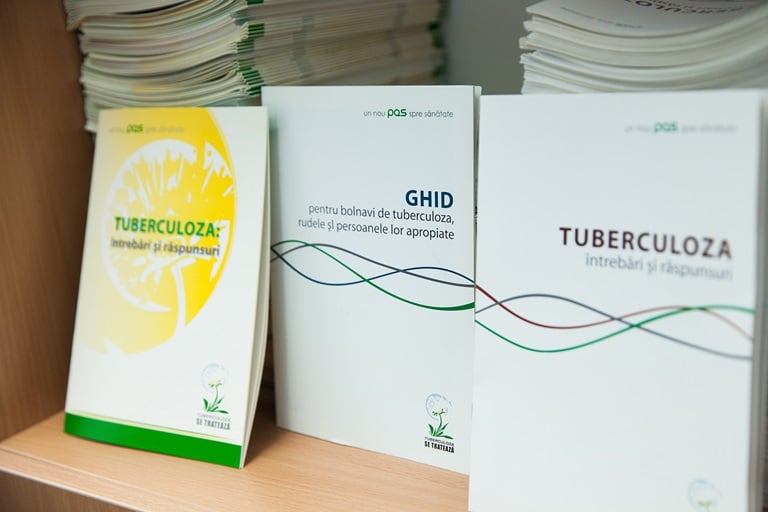Annual Report 2017 - WHO Health Emergencies in Turkey: response to the crisis in the Syrian Arab Republic (2018)
.tmb-479v.png?sfvrsn=eb56610c_1)
Overview
This report presents the activities conducted by WHO Health Emergencies team in Turkey throughout 2017 in its response to the crisis in the Syrian Arab Republic and the outcomes achieved for the Syrian population.
As health needs escalate, WHO Health Emergencies team in Turkey continued its work through cross-border operations in northwestern Syria and the Ankara-based Refugee Health Programme. Focusing on building country capacity with the necessary support of national, regional and global partners, the new WHO Health Emergencies Programme follows a standardized structure with six critical functions defined as the incident management system:
- Leadership;
- Partner coordination;
- Information and planning;
- Health operations and technical expertise;
- Operations support and logistics;
- Finance and administration.
The report follows this structure as it presents the achievements for the year. It also provides an overview of the gaps and challenges to the programmes, building on an action plan response for 2018 and beyond.






